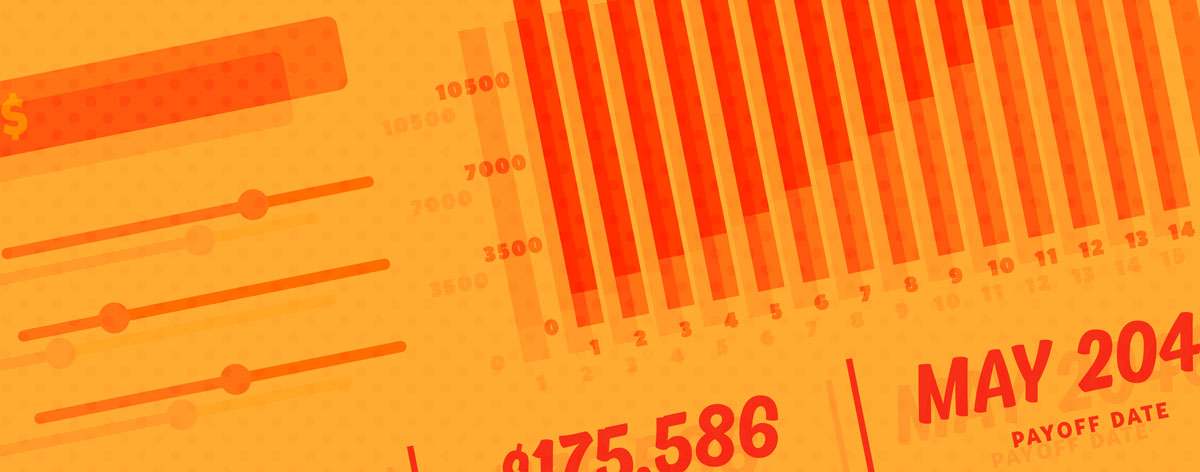Working with a Mortgage Lender
In this article:
To qualify for a mortgage loan, you’ll need to complete an application, which serves as a comprehensive financial profile. Effective collaboration with a mortgage lender can simplify the process.
Your mortgage application, which includes income, debts, and house price, is what lenders use to determine whether you qualify for a mortgage loan.
Because of the Federal National Mortgage Association (FNMA), or “Fannie Mae,” the application has to meet certain requirements. These requirements make it unlikely that applications change much from lender to lender.
In addition to the application, lenders will need the following:
- A property survey or an official surveyor's drawing encompassing the land and its structures. In many cases, the lender arranges for the property survey as part of the loan processing. They will hire a licensed surveyor to conduct the survey, and the cost may be included in the closing costs or added to the loan amount.
- An application fee and an origination fee to cover the costs of processing the application. Lenders typically charge fees for processing your mortgage application and origination, which may include costs like an appraisal fee. These fees can vary, so it's important to inquire with your specific lender to understand the exact charges associated with your mortgage application.
- Private Mortgage Insurance (PMI). When your down payment is less than 20% of the home's purchase price, many lenders will mandate the inclusion of private mortgage insurance (PMI) to provide added security in case of loan default.
A mortgage application serves as the lender's means of assessing your creditworthiness and deciding whether to extend a loan. While it may seem daunting, maintaining well-organized financial records can give you a competitive edge. It's particularly crucial to provide a comprehensive list of your investments, including funds allocated to retirement plans.
Details of Purchase: how much you plan to borrow, your down payment, or cash part of your purchase (if applicable), and the source of the remaining funds

Monthly Income: This category encompasses various income sources, including non-salary earnings like investment returns or rental income. However, you'll need to provide evidence of consistent income. Alimony or similar payments can also be considered.
Job Information: This section primarily addresses traditional employment, often requiring verification from your employer. If you're self-employed, be prepared to furnish additional details, including income documentation.
Monthly Housing Expenses: This includes your current and anticipated housing expenses, encompassing costs such as taxes, utilities, and homeowners insurance for the new property.
Credit History: This section of the application scrutinizes your financial past, including any history of bankruptcy, outstanding liens or legal claims against your assets, and your current debt obligations, all of which play a crucial role in evaluating your creditworthiness.
Net Worth: Your net worth represents the overall value of your assets minus your liabilities. Assets encompass items such as cash, bank accounts, investments, and real estate. Liabilities encompass debts, loans, credit card balances, leases, alimony, and child support obligations. Mortgage applications often necessitate disclosure of these figures, including the specifics of your accounts, loans, and credit cards.
If one lender declines your application, don't hesitate to explore other options. While lenders rely on the same foundational information, their evaluation criteria can vary. Seek assistance from your real estate agent or a mortgage broker to help you identify alternative mortgage providers.
If you find yourself apprehensive about meeting your monthly payments, consider having a candid conversation with your lender. They may offer solutions such as payment adjustments or help you determine if borrowing a smaller amount aligns better with your budget.
Neither Banzai nor its sponsoring partners make any warranties or representations as to the accuracy, applicability, completeness, or suitability for any particular purpose of the information contained herein. Banzai and its sponsoring partners expressly disclaim any liability arising from the use or misuse of these materials and, by visiting this site, you agree to release Banzai and its sponsoring partners from any such liability. Do not rely upon the information provided in this content when making decisions regarding financial or legal matters without first consulting with a qualified, licensed professional.


